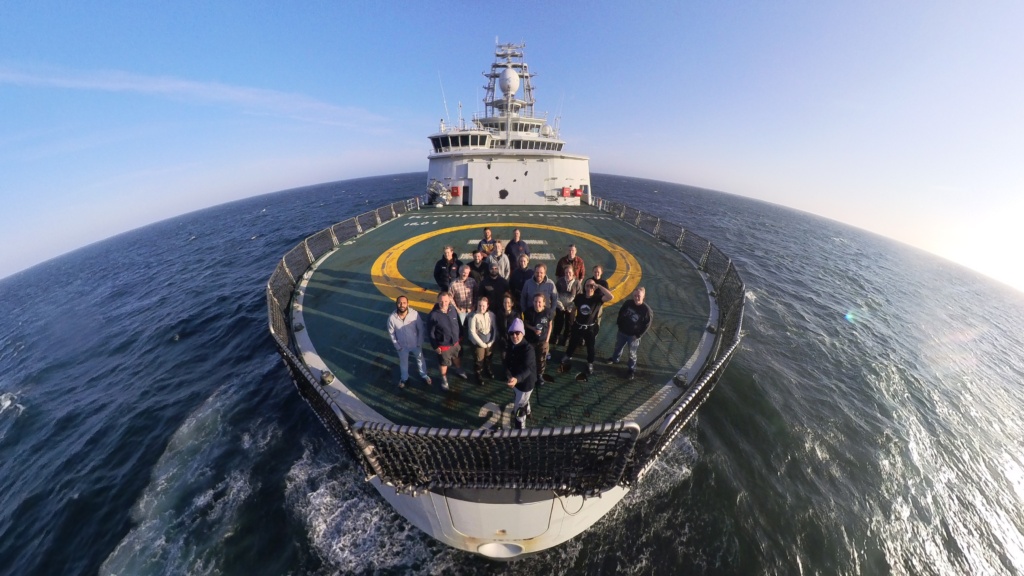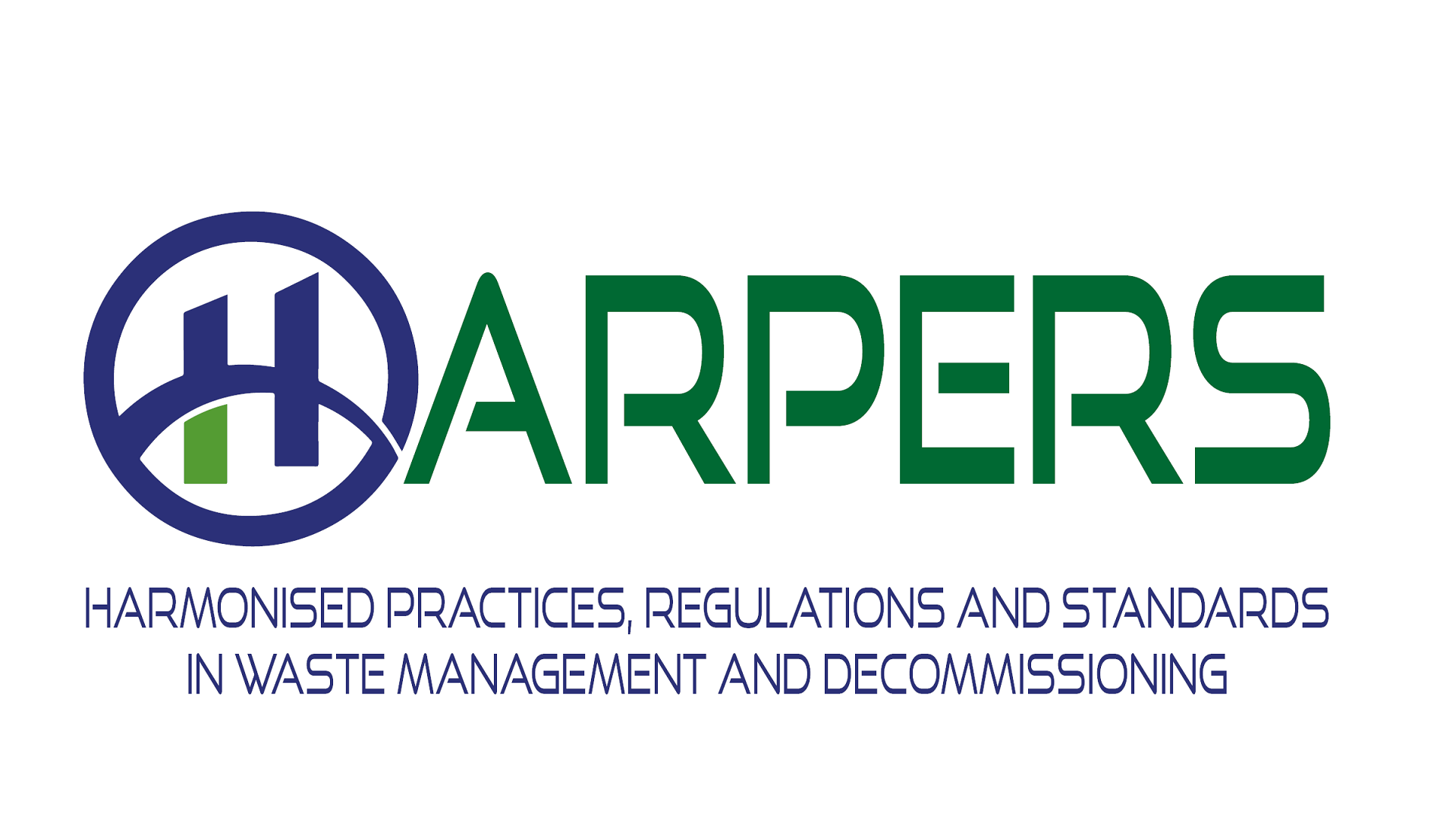The application of international safety standards and European Union (EU) directives on nuclear decommissioning and predisposal management of radioactive waste can vary from one country to another, as they are adapted to local considerations and national policies. These national differences can create difficulties in interpreting waste management practices between Member States (MS), establishing consistent and coherent waste management policies, and implementing strategies at European scale. Moreover, this lack of commonality may contribute to sub-optimal waste management strategies (in terms of safety, economics and the deployment of new technologies in the market), while also hindering communication (and therefore also public acceptance) as to waste management practices nationally and internationally.
The HARPERS project aims to establish and clarify the benefits and added value of more aligned and harmonised regulations and standards for prioritised topics related to decommissioning and initial phases of radioactive waste handling.
The project is implemented following a two-phase approach: the first phase will focus on engaging with Stakeholders to assess needs and pros/cons for harmonisation and identifying priority areas for deeper analysis. The second phase will pursue deeper engagement with Stakeholders to further assess the highest ranked priority areas focusing on (i) cross border services and cooperation, (ii) circular economy, and (iii) advanced technologies. Moreover, the project will identify regulatory differences between MS and evaluate strengths, weaknesses, opportunities, and threats associated with harmonisation, while quantifying the benefits of aligned regulations and proposing harmonisation methodologies.
The action will reinforce the activities of the EURAD, PREDIS, and SHARE projects, while encompassing MS national programs and the wider European Community, through engagement with, e.g., ERDO, ENSREG, WENRA, IAEA, OECD NEA, IGDTP, SNETP and DigiDecom.
EURATOM HARPERS is a 3-year project that started on the 1st of June 2022, with a total budget of 3.1 million euros and a consortium comprised of 25 partners from 13 countries.

Related news
-

5. January 2026
From Idea to Industry: The Innovation Journey of IFE and Oliasoft
In the world of innovation, the most significant changes often begin with a simple…
-

25. November 2025
The WellFate Project Releases New Video on the Challenges of Old Offshore Wells
The Reservoir Department at IFE has published a new video that highlights an important…
